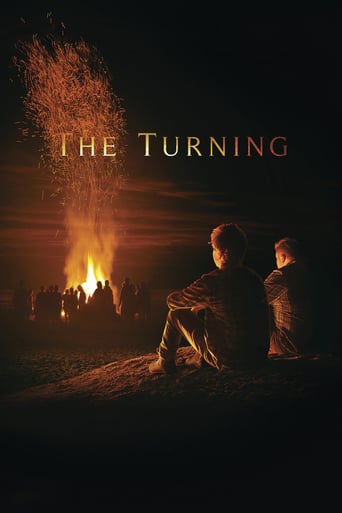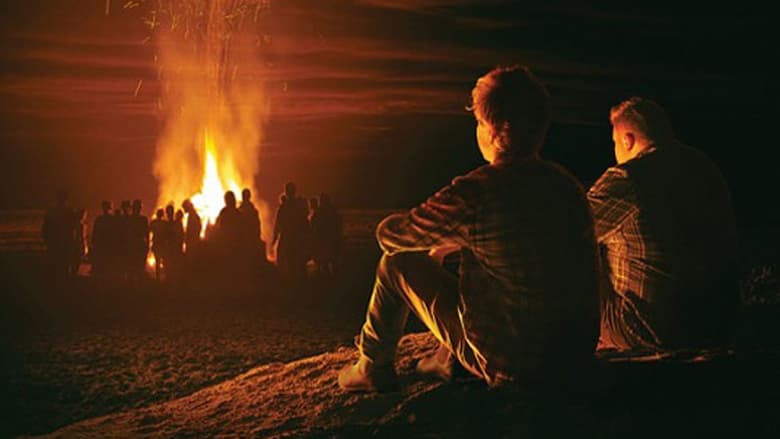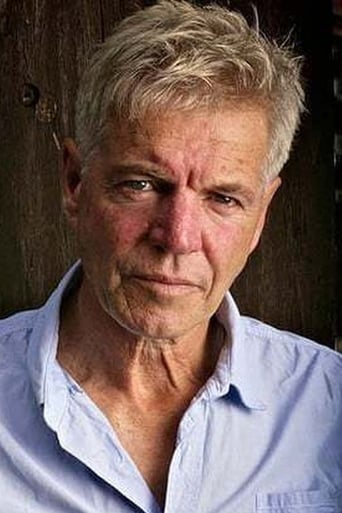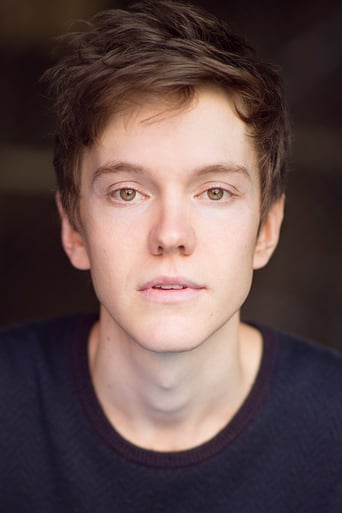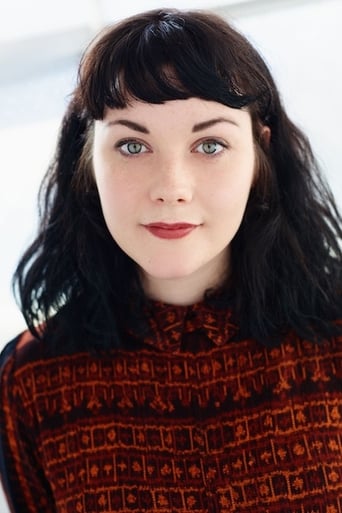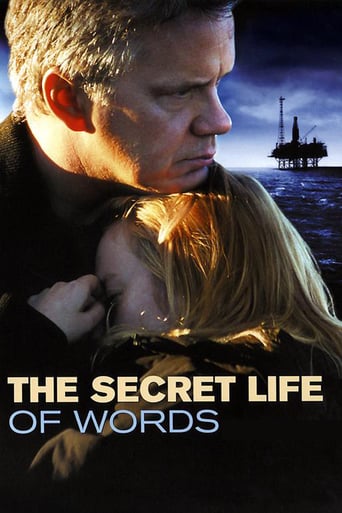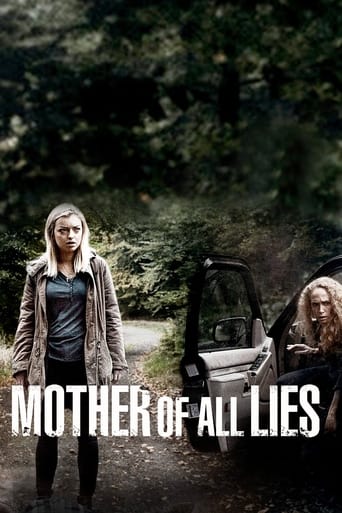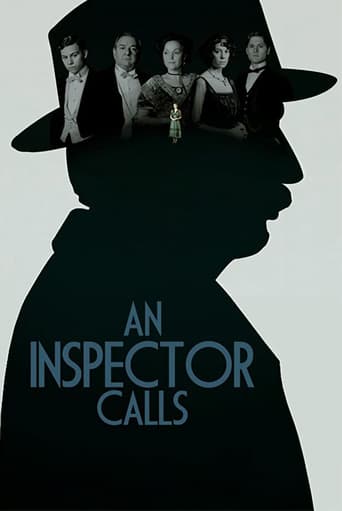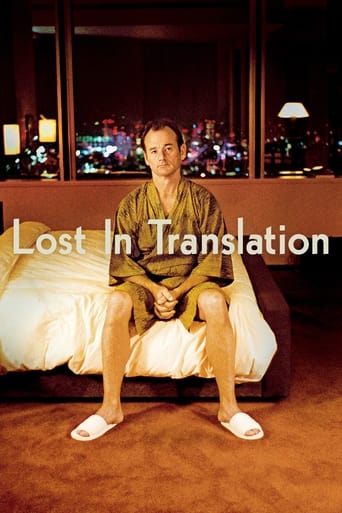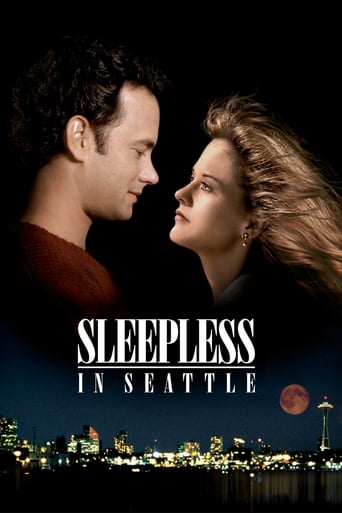The Turning (2013)
Seventeen talented Australian directors from diverse artistic disciplines each create a chapter of the hauntingly beautiful novel by multi award-winning author Tim Winton. The linking and overlapping stories explore the extraordinary turning points in ordinary people’s lives in a stunning portrait of a small coastal community. As characters face second thoughts and regret, relationships irretrievably alter, resolves are made or broken, and lives change direction forever.
Watch Trailer
Cast


Similar titles
Reviews
I'll tell you why so serious
Good story, Not enough for a whole film
Fresh and Exciting
A terrific literary drama and character piece that shows how the process of creating art can be seen differently by those doing it and those looking at it from the outside.
I haven't even watched this garbage movie but i read the short story big world, what a mistake that was. meg is as "thick as a box of hammers" and when biggie takes Meg under the covers and makes her cry like a bird, causing the protagonist to cry it is honestly the best display of emotion I have ever seen from a Novel truly encapsulating the Human emotion, but it doesn't change the fact that the book is trASH
THE TURNING is a breath of fresh air, an experimental Australian film based of the short stories of the gifted writer Tim Winton. Every aspect of the film is unique, challenging and utterly mesmerizing. The quiet animated opening sequence 'Ash Wednesday' (based on TS Eliot's poem of the same name, is simply an eerie animation narrated by off screen Colin Friels and sets the mood for the episodes to come. The film is divided in to eighteen short segments - Big World, Aquifier, Abbreviation, Ash Wednesday, Damaged Goods, Small Mercies, On Her Knees, Cockleshell, The Turning, Sand, Family, Long, Clear View, Reunion, Commission, Fog, Boner McPharlin's Moll, Immunity (a wordless, modern dance piece), and Defender – and presented as a three- hour epic based on Tim Winton's short story collection, THE TURNING, and explores the impact of past on present, how the seemingly random incidents that change and shape us can never be escaped or let go of. All of the stories are bound together by recurring themes: the passing of time, regret, addiction and obsession.The stories are set on a coastal stretch of Western Australia, 'a stunning collection of connected stories is about turnings of all kinds -- changes of heart, slow awakenings, nasty surprises and accidents, sudden detours, resolves made or broken. Brothers cease speaking to each other, husbands abandon wives and children, grown men are haunted by childhood fears. People struggle against the weight of their own history and try to reconcile themselves to their place in the world. With extraordinary insight and tenderness, Winton explores the demons and frailties of ordinary people whose lives are not what they had hoped.'Each of the book's 18 stories is interpreted on film by a different team of filmmakers, including collaborators from the worlds of theatre, photography, visual art and dance. Characters re-appear in different episodes at different stages of their lives, fleshed out in snapshots that explore recurring themes from different angles. The lives of fishermen, surfers, AFL players, the working class and angst-ridden suburbanites are chronicled with sometimes dark themes, including alcoholism, child homicide and police corruption. A number of key episodes feature Aboriginal characters and symbols. Though the film courts the mystical, it's grounded with romance and macabre suspense.Overlooked by many, this film is one for the most poetically satisfying visual experiences and deserves far more attention than it has received.
This is a collection of short films in Australia about various aspects of life that presents with some kind of turning point.I watched this for the big names such as Cate Blanchett and Rose Byrne, Ann's I knew I probably wouldn't enjoy this film anyway. Indeed, the first segment is already not so good, it tells a story of a family spending Christmas together but they go to the wrong house. I can't quite work out what is so special about this story, apart from Cate's performance. The Rose Byrne story is the best out of the whole film, it tells a distinct change in life because of a significant turning point. The rest of the stories are not very good. The sand story is just ridiculous. I couldn't even understand it!
Ambition shines through every frame of The Turning, a long, spectacularly photographed event that appropriates novelist Tim Winton's book of the same title into a brilliantly layered, thematic pastiche. It's one of the largest and most epic Australian films ever made. At three hours long, there are seventeen different, overlapping short films, by eighteen different directors, on display. There are episodes directed by the likes of Warick Thorton (Samson and Delilah), Robert Connolly (Balibo), Mia Wasikowska and David Wenham. Cate Blanchett, Rose Byrne, Richard Roxburgh and Hugo Weaving, feature amongst the cast. Some of these stories follow the same character at different stages of their lives but are played by different actors. It is not as confusing as it might sound as there is utter clarity in how these stories are told. It's entirely possible to enjoy many of the short films as separate tales without concern for the continuity of the characters. Tim Winton is an author whose writing is primarily visual and dedicated to enriching the setting of the story. Here is an extract from his short story "The Turning": "It was actually a brilliant autumn day. Sunshine felt pure and silky on her skin; it took her mind off the chipped tooth and her throbbing lip." The precision of the imagery in Winton's writing has invited an adaptation that is purely cinematic. The camera substitutes the author, hunting the same level of specificity in the images so that the themes and the feelings of the characters often unfold without words. This is an enormously beautiful film. Wide angles are used strikingly to heighten the scale and the atmosphere of the naturalistic environments. The camera draws in closer to frame key moments and images. There are slow-motion shots of beaches, water, dirt and sand. An AFL player stands in the middle of an oval, with a bow and arrow ready, thinking about his final goal. Water droplets fall from the skin of a person's back and waves threaten to strangle a man as he clings to his surfboard. The technique of capturing these particular images and then infusing them with dramatic narrative tension is awesome and vivid. One of the other pleasures of the film is the consistence in which many of the stories find thematic coherency. Beneath the highly stylised exteriors of the imagery are understated social comments and metaphorical observations. In one episode Cate Blanchett's character and her mother in-law sneak into a backyard. They're not sure if they're at the right house but they jump in the swimming pool fully clothed anyway. Undercutting this funny moment is a glimpse into an alternative, frivolous life, where one gets along happily with their in-laws. Nostalgia and wonder are a large part of Tim Winton's own writing. His short stories are like fragments of childhood memories, reproduced on paper. Likewise, these film vignettes echo the sentiments of growing up so that the narratives feel dreamlike, providing distorted memories and reflections on adolescence and friendships. As the setting alternates between the sunburnt outback and the quiet banality of suburbia, both landscapes are subjected to difficult themes, like alcoholism, domestic abuse, jealousy and self-satisfaction through religion. Despite the differing contexts, these themes are always visible and compelling, adjoining the stories through meaning, style and character. One of the best episodes is called "The Turning" and features Rose Byrne giving a terrific performance as a tattooed woman living in a trailer park, who is beat-up by her husband but finds solace in her new neighbours. Rose Byrne has been at the heart of a number of Hollywood comedies and her character here is sometimes very funny too. Physically and verbally though, it is unlike anything she has ever played before. She's sadder and more tragic. Another great entry is called "Fog" where a policeman must escort a young female journalist to locate a body in the bushland covered by a hazy fog. The atmosphere is utterly haunting, cold and desolate. The setting becomes a powerful metaphor for the policeman beginning to lose sight of his moral bearings. It's another example of the film balancing its sympathetic characters and the ambiguity of its subtext too. Despite the long running time, I hope that audiences will give the film a chance because although not all the episodes will be appealing, and there are some strange additions, many are beautifully crafted, forging subtle meanings from some highly unique images. Very few films are this epic in scope and ambition, while still able to sustain a cohesive series of thematic goals of universal and cultural appeal. It's a striking achievement in cinematic storytelling.

